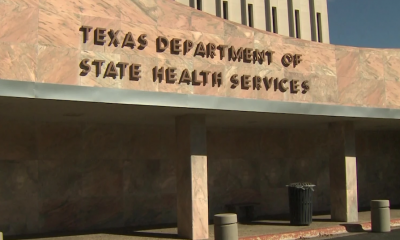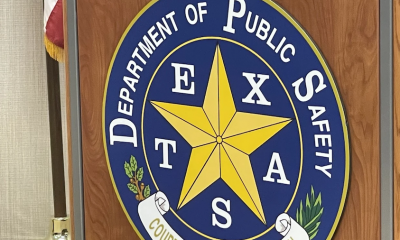COVID-19
Allergies not so bad? They could get worse as freeze delayed pollen

HOUSTON, TX— Allergy sufferers may be noticing mild seasonal Spring allergies this year. Experts say that is due to February’s freeze. But a word of warning: do not put those tissues away yet.
Dr. Eric Sandberg is an allergist immunologist at Kelsey-Seybold Clinic and says he’s also noticed a later trend in Spring allergies.
“What’s interesting is the freeze has moved back the oak pollen season and shut down some of the grass pollens that we see at this time of year,” he said. “But rest assured, these pollens are going to come back very soon.”
Dr. Michael Arnold, Director of The Gardens at Texas A&M, said the freeze may have delayed allergy season by a couple weeks, but many things, including the good things, should be back soon.
“It doesn’t look like the storm itself has had a particularly bad influence on wildflowers,” Dr. Arnold said.
During the freeze, most places saw snow before the hard freeze kicked in, which acted as insulation to plants and flower. Dr. Arnold said that helped protect much of the plant and flower life. A better indicator of the health of this year’s wildflowers was determined during the fall months. Areas in Texas that saw more rain, should see more wildflowers.
Dr. Sandberg said wildflowers are pretty easy on hay fever because their pollen is so large. The biggest nose-tickling pollens tend to be oak, ash, elm and grass.
Although fever is not indicative of allergies, many allergy symptoms can parallel COVID-19 like nasal congestion, sneezing and runny nose, which is why Dr. Sandberg tells his patients to get tested if they’re concerned.
For those concerned about the state of their dried and droopy backyards, Dr. Arnold suggests waiting until June before tearing up palms, bushes or trees because they may still yet come back to life.
“Right now, we are learning to love ugly until we see what comes back out,” Dr. Arnold joked.










